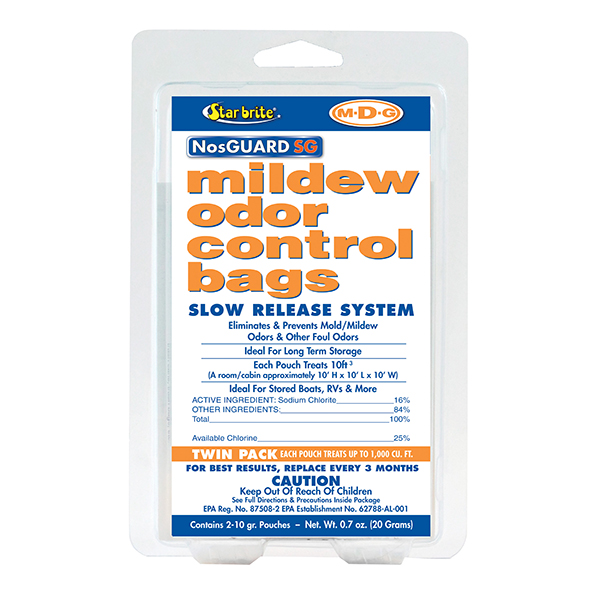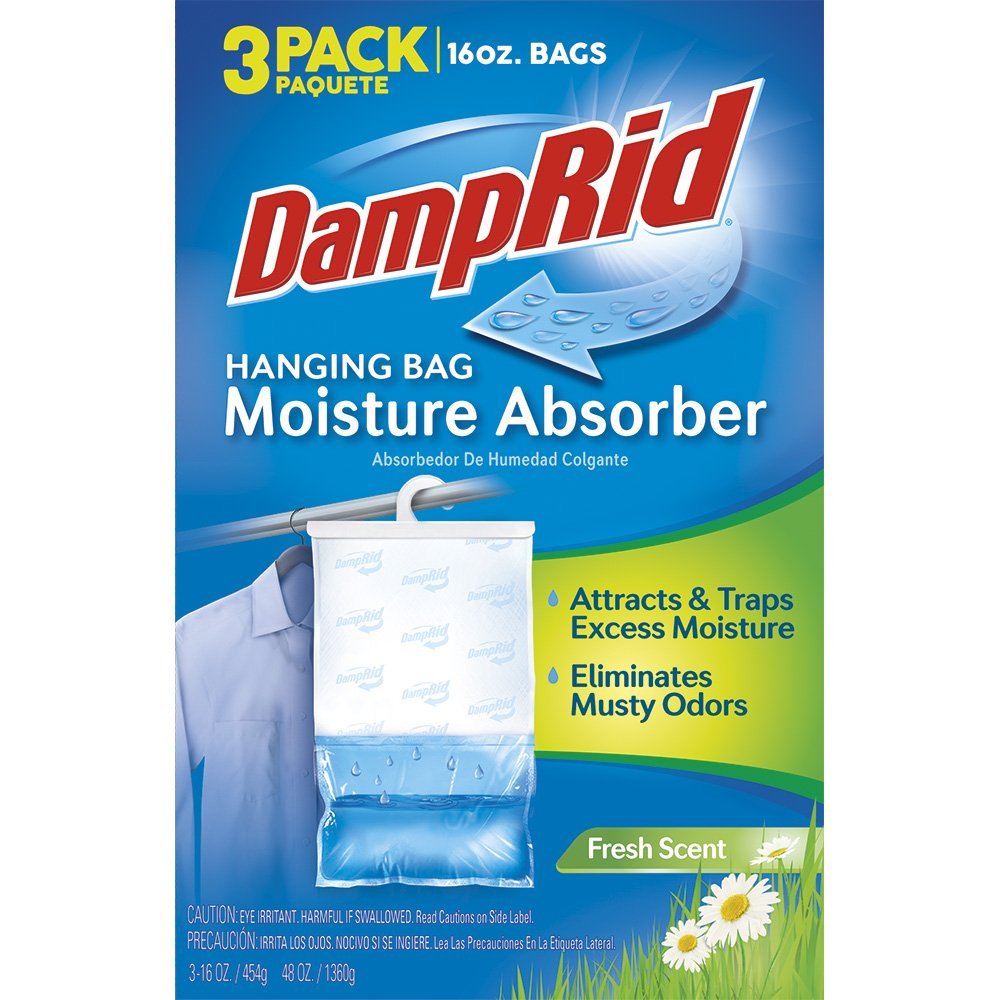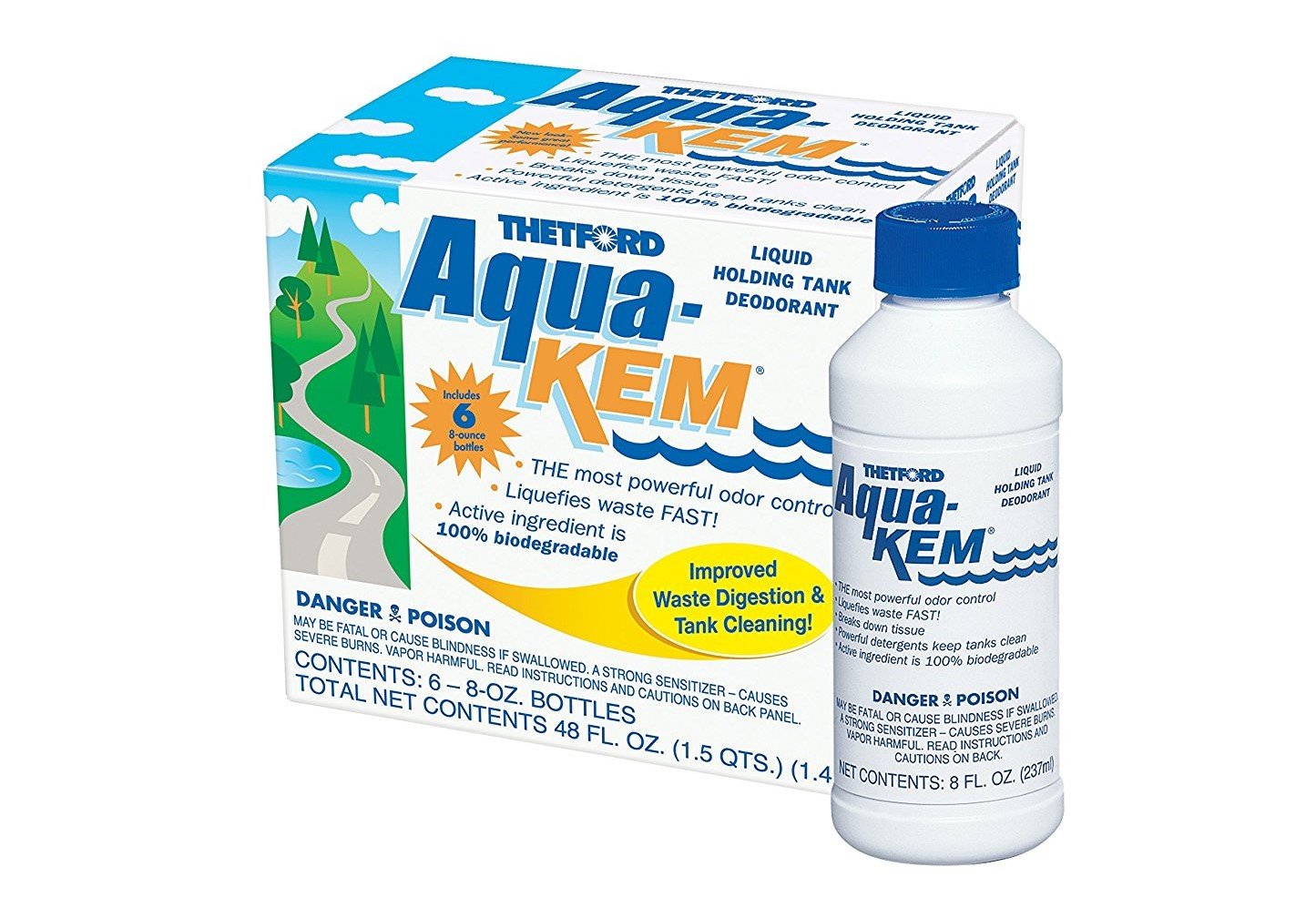March 30, 2023 by Boat Planet
Your boat has been sitting for a while and you climb aboard and open a hatch. A foul odor engulfs you, making you wonder if it is going to be such a great day on the water after all. Do not feel bad about your smelly boat. We have all had the same problem.
It is inevitable that if you own a boat and it has been sitting unused, it will develop odors. Many times just a good airing out will take care of the problem. But if not, you will have to find a way to eliminate the offending aromas or risk losing your crew to a fresher-smelling vessel.
The cause of boat odors can come from many sources. Discovering and eliminating that source rather than just masking the smell will pay dividends. Knowing what to fix and the right products for the job all depend on where the smell is coming from.
Air It Out
Ventilation issues are one of the largest causes of boat odors and are relatively simple to fix. Many times that damp, stagnant odor can be eliminated by opening hatches, ports, and companionways and letting fresh air flow through the craft. Of course, washing all surfaces with a good multi-surface cleaner will also help.

If the smell persists then some detective work is in order. The musty smell may be permeating from upholstery, bedding, cushions, carpets, or headliners. If there was a leak, humidity, or condensation, these items may have mold or mildew in them. Steam cleaning carpet and upholstery or removing covers and washing and drying them will help.
For cabins where this is impossible or there are particularly intense odors, a chlorine dioxide gas treatment such as Starbrite’s NosGUARD SG can safely get rid of those stubborn mold smells by eliminating the odor at its source. By adding an included damp sponge to a treatment strip, the gas is activated and penetrates every nook and cranny of the cabin. There are slow activators that are good for a closed cabin sealed for the winter and can last up to three months, as well as fast activating packets that can work within a few hours. When using either of these, remember that the cabin needs to be empty of people and animals.

Photo Credit: Starbrite, West Marine
To avoid odors within the cabin (or what causes them) some proactive treatment should be considered. Setting up solar-powered intake and outlet vents will help air circulate. Dehumidifiers work wonders in shut-up cabins, keeping things dry. Running the onboard air conditioner helps as well as the added benefit of keeping intake and discharge lines free of obstructions. If you do this, remember to check and clear strainers occasionally.
Damp Rid or similar products also work well in capturing moisture and keeping things dry. Just remember to empty them out and put in a new refill during the recommended time period.
Photo Credit: DampRid, Amazon
Cedar lining your closets and storage areas also help keep odors at bay. Setting out containers of tea tree oil gel air purifiers can help eliminate and keep bad odors at bay naturally. They work equally well during storage and when the boat is in use.
When storing the boat for any length, try placing cushions and mattresses on end to allow circulation around them. You can also put Bounce or similar fabric softener sheets around the cabin and under cushions and mattresses help keep things smelling fresh. Added bonus: Some say these also do a good job of keeping unwanted bugs and mice away.
Stinky Head
Another notorious source of foul odors is the marine head. We all know the obvious reasons this part of the boat can be particularly stinky, but there are ways to keep bad smells at bay — and there may be some causes of maleficent odors that are less easy to detect.
First, try pumping out the holding tank, flushing it with fresh water, and treating the tank and bowl with an appropriate treatment like Thetford’s Aqua Kem. These are all things that should be done on a regular basis, but if an odor still exists, it is time to put your Sherlock Holmes hat on and get to work.
Photo Credit: Thetford, Amazon
Get a clean, damp cloth and rub the intake and exhaust hoses to the head. If the cloth smells, you have hoses that are permeating the odors from within and will need replacing. Check and make sure there is no standing water in lines and that there is no debris in the intake lines. Odors can also be caused by faulty valves, so if odors persist, consider a rebuild kit for the head and replace the flapper and duckbill valves.
If you still have odors after doing all these things, you may want to consider scuttling the boat.
Fuel Funk
Engine rooms are another source of bad odors, but the good news is they can be eliminated fairly easily. Start by using a good degreaser and eliminating any old oil or grease buildup on the engines. If there is a leak, it should be easier to detect after a thorough cleaning. If possible, fix the leak. If time or budget will not allow this, then make sure you place oil absorber sheets and bilge absorbers in the bilge and under the engine. They will absorb spilled or leaked oils and fuels and not water. Replace as necessary.
Next, move to clean the bilge and use a good bilge cleaner to get rid of any odor causing buildup. Keeping the bilge as dry and clean as possible will help eliminate foul smells. Look for standing water in the deep, dark crevices and contort yourself as necessary to get to them.
Do not forget to wipe down all the bulkheads and other surfaces using a good, all-purpose surface cleaner or a homemade mix of vinegar and water.
Anchor Aroma
Do not forget to clean out lazarettes and hatches and especially the anchor locker. This is also a common source of foul smells. Think about it: the line is wet, the chain is covered in muck and vegetation, and it all gets to fester in the locker undisturbed. A frequent cleaning of all the terminal tackle and line and wiping down of the locker’s interior will assure the breeze you enjoy aboard is a pleasant one. Remember to hose everything off thoroughly with fresh water.

As a side note, if the anchor line is stiff and hard to work with, take advantage that it is out of the locker and soak it in a tub with fabric softener. This will make it smell better and have the added bonus of softening it up a bit.
Finding the source of boat odors and doing what it takes to eliminate them will result in a fresh-smelling vessel all season and will allow you to enjoy the fresh air that boating can provide.
Have you had a tough time getting rid of smells on board? If they were not caused by your cousin who has not showered in a week, then let us know what worked for you in getting rid of them. Any home remedies you recommend? We would love to learn what works for keeping your boat smelling good.

